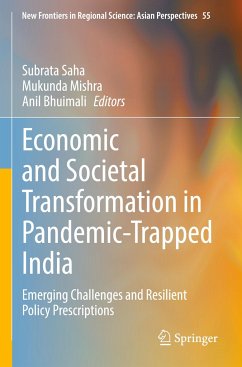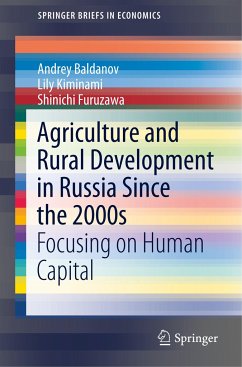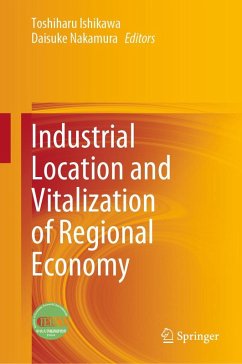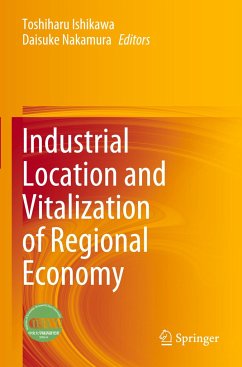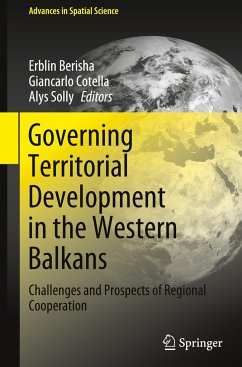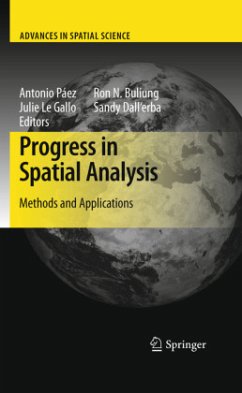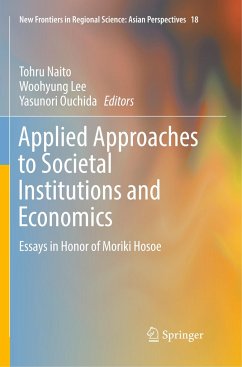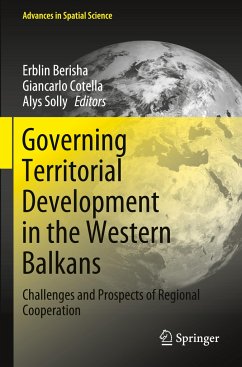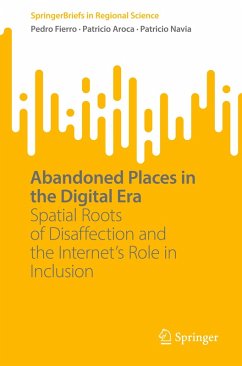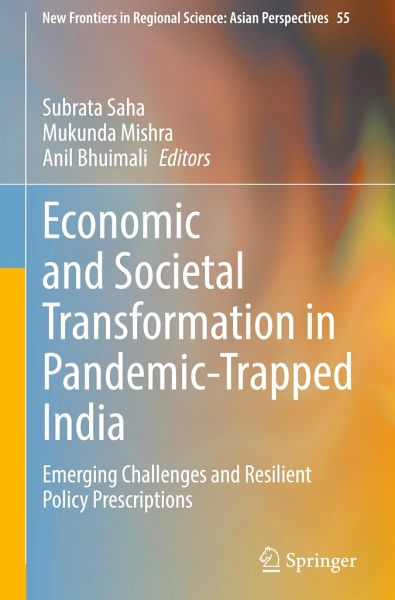
Economic and Societal Transformation in Pandemic-Trapped India
Emerging Challenges and Resilient Policy Prescriptions
Herausgegeben: Saha, Subrata; Mishra, Mukunda; Bhuimali, Anil

PAYBACK Punkte
65 °P sammeln!
This book acquaints the reader with the critical changes in India's economy and society amidst the unprecedented pandemic outbreak of COVID-19, which has been devastating by breaking all prior records of illness and fatality. The present crisis is shown to be more than an acute health hazard as it carries with it other threats associated with the economy, society, culture, psychology, and politics. The dynamic driving forces that have a significant bearing on life, space, and time are explored, providing a basis on which social scientists can understand the prevailing equations and project the...
This book acquaints the reader with the critical changes in India's economy and society amidst the unprecedented pandemic outbreak of COVID-19, which has been devastating by breaking all prior records of illness and fatality. The present crisis is shown to be more than an acute health hazard as it carries with it other threats associated with the economy, society, culture, psychology, and politics. The dynamic driving forces that have a significant bearing on life, space, and time are explored, providing a basis on which social scientists can understand the prevailing equations and project the unforeseen future to contribute to a policymaking mechanism. The Indian scenario presented here takes into account how the COVID-19-induced lockdown of transport services, closing of factories, and restrictions on mobilization have caused the economy to face a recession, affecting mostly the unorganized sector. Travel restrictions and quarantines affecting hundreds of millions of peoplehave left Indian factories short of labour, causing havoc in the production system. Semi-skilled jobholders have lost their employment, and the country has witnessed the plight of large pools of migrant labourers returning on foot to their homelands hundreds of miles away with their families and belongings.
Contributors to this volume are drawn from diverse disciplines, displaying the solidarity of academic knowledge in a physically divided world. This common platform is provided to the practitioners of relevant academic disciplines under the umbrella of regional sciences - a forum for the exchange of ideas that may be effective in the sustainable management of the crisis and a way forward after it is mitigated. Thought-provoking discussions regarding different facets of the crisis are relevant not only to the current times but also to being prepared for the unforeseen post-COVID economic and societal order.
Contributors to this volume are drawn from diverse disciplines, displaying the solidarity of academic knowledge in a physically divided world. This common platform is provided to the practitioners of relevant academic disciplines under the umbrella of regional sciences - a forum for the exchange of ideas that may be effective in the sustainable management of the crisis and a way forward after it is mitigated. Thought-provoking discussions regarding different facets of the crisis are relevant not only to the current times but also to being prepared for the unforeseen post-COVID economic and societal order.





